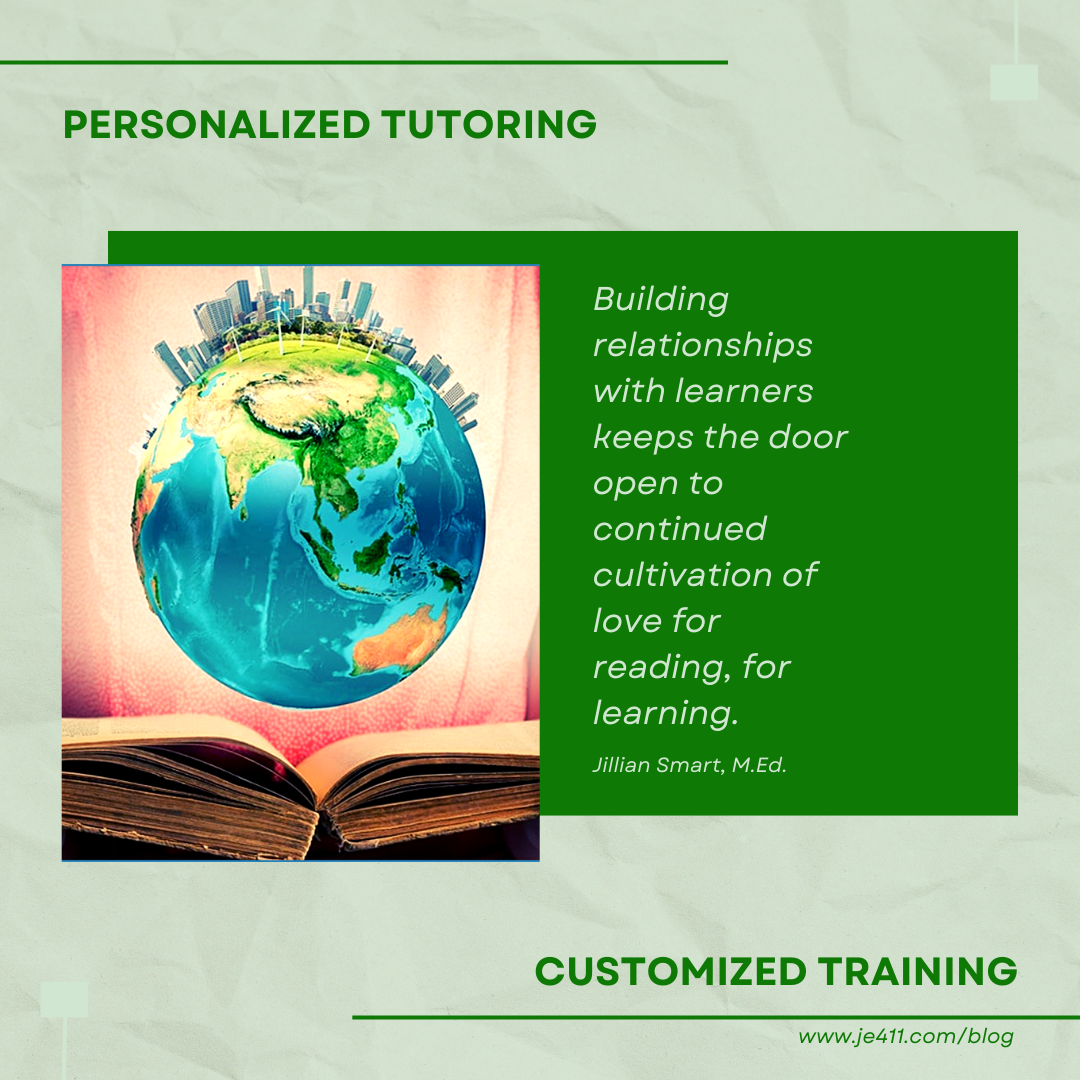Reading Challenges, Strategies for All
Reading is fun for strong readers. Reading is useful when learning new things in order to understand and improve local and global communities. Reading is a vital part of human development, and it can also be challenging. In this post, we'll cover tips to cultivate love of reading.
We'll also talk about why this is important for the future success of students and what you can do to help. Getting started with private reading tutoring is only a click away. The first step involves understanding how to interpret your observations of readers who quite frankly hate reading.
Challenges Relevant to Reading for All Ages
Reading is a complex skill and many factors can affect reading ability.
Challenges relevant to reading at any age include dyslexia, attention deficits, and comprehension issues.
Dyslexia is a language-based learning disability that makes it difficult for people to understand what they read or write. It's estimated that up to 15% of people are affected by this condition; men and women of all ethnicities are equally likely to have dyslexia. Though children with dyslexia do not outgrow its symptoms in adulthood, success in reading is possible with personalized phonetic instruction. Access to dyslexia specialists is growing, plus Orton Gillingham Facebook groups are helpful to educators, learners and their families.
Attention Deficit Hyperactivity Disorder (ADHD) affects somewhere between 25 and 40% of children with dyslexia. This brings us to a second reading challenge. Among children ages 2 to 17, one study reports 9.4% have been diagnosed with ADHD (or its older and inattentive relative, ADD). Attention deficits can make it hard for students with the condition to focus on tasks at school and at home. Still, there’s hope. Supportive strategies include using online adaptive learning tools like IXL that offer family plans (if your school doesn’t assign online practice to reinforce learning)… as well as scheduling private tutoring which allows individuals with ADHD to learn at their own pace with minimal distractions.
Comprehension issues: You may have noticed that your student is having problems with comprehension. Sometimes, it’s because he doesn’t understand the meaning of words on the page; sometimes it’s because she doesn’t understand the main ideas and supporting details of a text. Both of these may lead to cognitive overload, which is exhausting for students. Comprehension difficulties commonly stem from decoding difficulties, which may stem from ineffective learning experiences rooted in either lack of professional development or underdeveloped language skills (or both). In addition to seeking support from a dyslexia specialist and private tutor, researching decoding resources for use as supports during comprehension practice could be the missing puzzle piece.
Love of reading can be cultivated despite reading challenges when challenges are clearly identified and readers receive personalized strategies.
Hands-on Activities for Fun Reading experiences
People learn by doing. Your child can grasp information she reads through action: doing something, creating something with the material. Problem-solving, movement, and touch help learners internalize content. Feeling the texture of a book cover and pages in a book can immerse students in the reading experience.
Whereas reading may be considered a hands-on activity in and of itself, fun comprehension activities make for fun reading experiences in the future. To help this process, try using different colored pens or pencils as well as tools like scissors and glue sticks to help readers associate words and concepts with images in creative ways.
Consider bringing the text to life by having students act out a scene from the book or poem they’ve recently read. They can volunteer for roles or you can assign roles based on their personalities. Reinforce concepts of mood and setting by incorporating props created by readers; these can also be used to decorate the learning space.
Read-alouds never get old. They are effective at every age. Why not make it interesting (and fun)? Give each student a different section of the same novel and have them read aloud while walking around the room. It's possible to also use puppets; students can make these out of socks and other materials.
Roll-and-chat dice and WANTED poster are more hands-on activities for fun reading experiences. The take-home point is to embrace whimsy and make room for silly. Readers of all ages learn best during play.
Connecting Lessons with Real Life
Reading improves the ability to think, reason, and communicate. It also helps the students learn about themselves and the world around them.
We know that children are better able to recall new information when they can connect what you're teaching to real life. For example, if you're teaching about a character's reaction to a difficult situation by using an illustrative example from your own life or experiences, students begin to relate characters’ reactions to their own lives and experiences. This approach develops students’ confidence in their ability to respond appropriately in difficult situations and gives them an outlet for self-expression.
Another way real-life connection strategies are used is by using metaphors. Developing metaphors requires use of vocabulary and activates background knowledge. Background knowledge is used to make connections with new information; this makes reading more interesting and fun. For instance, when talking about ACT vocabulary in session, I use student interests in sports and music within examples of metaphors prior to prompting them to do the same. This triggers fond memories in students and excitement about their passions; students immediately take greater interest in the activity and work hard to make sense of new words and ideas. Naturally, this leads to improved reading outcomes.
Remember, using real-life examples is not just good for helping students learn to love reading; it can also help build rapport with your student. Building relationships with learners keeps the door open to continued cultivation of love for reading, for learning.
Personalized tutoring and customized training provided for educators, learners and their families. Click here to schedule a free consultation.



